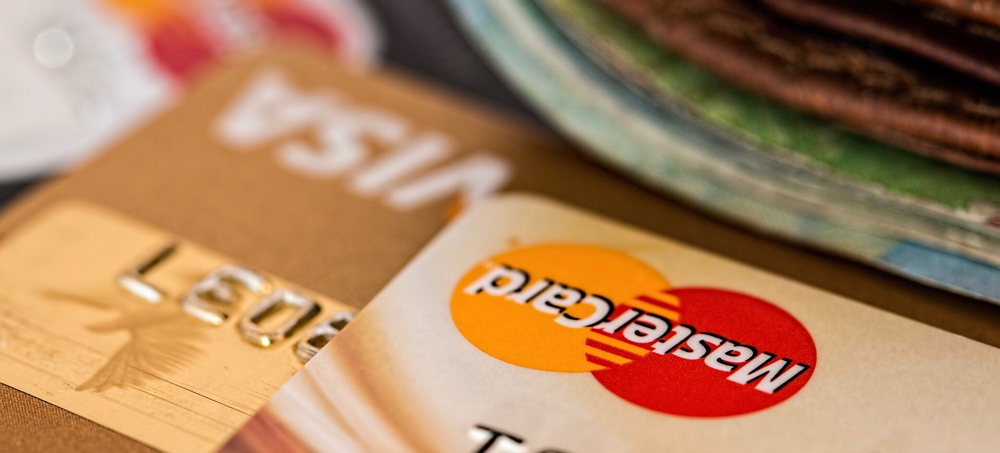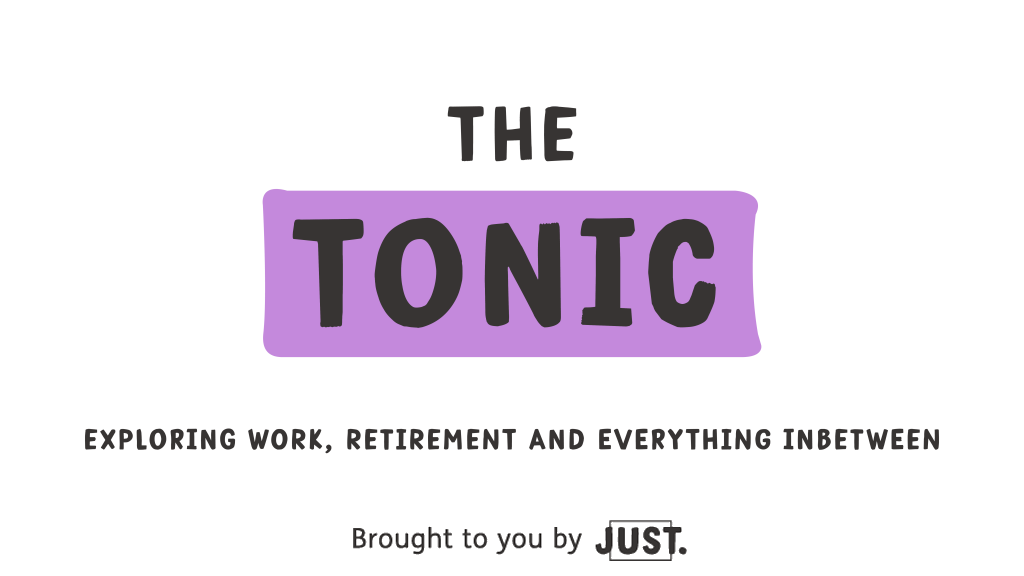There is no better time than the start of a new year for facing your finances, and creating a realistic budget for the year ahead.
It’s interesting how sometimes we can just tick along without checking things, and money matters are no different. Could you be saving money? When was the last time you had a good look and did some comparison work?
Of course, we all know what we should be doing. Spending less and looking for savings! If only it was that simple. Keeping track of and managing all your outgoings and expenditures can seem like a daunting task, so here’s some simple suggestions. Even if only one thing on this list helps, it’ll have been worth the read…
Bank accounts and savings


If you have savings, however small, move them to a high interest savings account. Don’t leave money sitting in your current account if you’re not spending it all, as you will be making little or no interest on this.
If you are able to save a certain amount each month, look into a cash ISA which allows you to save and accumulate tax-free interest. Be warned that with the higher paying interest ISAs, you may need to lock away your money for 2-5 years and will risk paying a penalty if you want to access your money quickly.
Stocks & Shares ISAs can be profitable if you are able to take more risk with your money and are looking for a more long-term investment. Get some proper advice for this though.
Pensions


Check with your employer that you have been enrolled in the workplace pension scheme, as this is now law. And maybe consider a personal pension provider. The Tonic is powered by Just so obviously we may well be able to help here – we have an excellent retirement checker to help you understand what you might be able to get! But it’s worth looking around for other options too, and finding the right fit for you.
Utilities


Check your council tax band to ensure you are not paying too much for your property. (Warning alert, this could go the other way and you could end up paying more!). And compare the latest energy prices on a trusted price comparison site such as MoneySupermarket.com
Loyalty is very rarely rewarded – which is ridiculous, if you think about it – and if you have been with the same supplier for many years, it’s entirely possible you’re not getting the best deal for your usage so call your suppliers, particularly once you’ve done some comparison work, and see what you can haggle out. Often, they’ll be keen to keep you as a customer and either meet or beat any other offers you’ve explored.
When it comes to water, if you live on your own, have a small family or live in a house with a high rateable value you may be better off using a water meter. You can ask your water supplier to install one for free.
Phone contracts can be expensive, especially if you are paying for data or services you do not use. Check your usage and move to a cheaper tariff if applicable.
Subscriptions


Think also too about regular outgoings such as your broadband provider, periodicals or magazines. What goes out of your account every month that you never actually use?!
Loans and Credit Cards


Make any debt a priority. There is no point putting money into a savings account if your debt interest is higher than your savings one. Look for 0% balance transfers for your credit card debt. Be sure to always clear this debt before the 0% or cheaper offer ends.
Avoid payday loans like the plague. The interest rates are ridiculously high and although one may solve your immediate problems, paying them back will only force you further into debt.
Seek help from the Citizens Advice Bureau if your debt becomes unmanageable.
Insurance


If possible and you can afford the lump sum, look into paying annually rather than monthly as savings can be made not adding interest to the policy payments. For car insurance, if you’re a safe driver it might be worth looking at increasing your excess – but that’s always a gamble. Avoid adding younger drivers to your policy if you can though, as this can hike up the price considerably.
To help lower your home insurance costs, try to improve your home security and maintain a good credit record.
Shopping


Delete your credit card details from your online shopping accounts. If you need to type in all your details every time you want to make a purchase, you are less likely to impulse buy.
Ask yourself, do I really need this item? Try waiting 48 hours and seeing if you still want to make the purchase. Even a small cooling off period can help stop impulse buys.
Avoid using contactless cards. Although convenient, these cards can make you feel detached from the amount you are spending, and you are more likely to over-spend.
Use reward/loyalty cards and cashback sites such as TopCashback or Quidco
To save on groceries, have you thought about switching to a cheaper supermarket such as Lidl or Aldi? We can often just shop in the same place out of habit.
Meal planning and shopping weekly or even monthly can also massively help cut down your food bill. Too many top-up shops can easily double your monthly expenditure.
Always check what’s in your cupboard before you carry out your next shop as otherwise you could easily double up on products you already have.
And we all know this one – don’t go shopping when you’re hungry!!
Leisure, luxury and eating out


If you are a member of a gym but don’t go at least twice a week, consider paying as you go instead of a monthly fixed fee. If you use the gym but are paying a higher price for facilities such as a spa and swimming pool that you don’t use, research into other no frills gyms in your area which can be considerably cheaper.
And if you really love the spa but find that you don’t go very often, trawl special offer sites like Lastminute for cheap spa days
For maximum savings, use free outdoor space such as the park for running and the free gym equipment that is available in many parks across the UK.
Look for 2for1 restaurant vouchers and sign up for emails from your favourite restaurants for money off codes and freebies on your birthday.
If you are a fan of the cinema, try going during off-peak times when the price of a ticket is considerably lower.
Theatre-goers can also enjoy discounts for booking far in advance or take advantage of preview performances which are normally sold at reduced prices. Visiting some theatres can also give you cheaper parking in some car parks so investigate that too. Parking can be extraordinarily expensive.
Transport


Alternatively, if your place of work is near to your home, you could try walking a few days a week or invest in a bike. Taking the bus can also often work out cheaper than driving and paying for car park fees at your nearest train station which can be expensive.
If you need to travel within the UK for a special occasion or to visit family, try and book as early as possible to enjoy discounted fares. Also, if possible, travel in off peak times.
Holidays and special occasions


Start planning for Christmas and birthdays ahead of time. Whether that be by putting aside a set amount of money each month, or by starting to purchase gifts throughout the year.
With holidays, look out for special deals, and travel outside of key dates like school holidays. It’ll be more peaceful too! Maybe go camping, or hit the open road in a camper or caravan.
Also, be honest with friends and relatives if you cannot afford to attend things like a wedding abroad or an expensive gift for a christening. Do not get yourself further into debt or financial worry to please others.
Make some additional income
Sometimes however much you budget and cut costs, you struggle to make ends meet or perhaps you need some extra cash for a specific large purchase. Here’s a few ideas to raise some extra dosh without having to resort to borrowing…
- Rent out your garage or car parking space with sites such as YourCarParkingSpace.
- Sell any unwanted or unused items or gifts on Ebay, Gumtree or local Facebook selling sites.
- Look for a second income stream using your skills such as tutoring or pet sitting.
- Quick checklist for a fuss free financial year
- Know all your monthly outgoings
- Create a realistic budget
- Track your monthly spending
- Set monthly financial goals
- Maximise your savings






Add comment